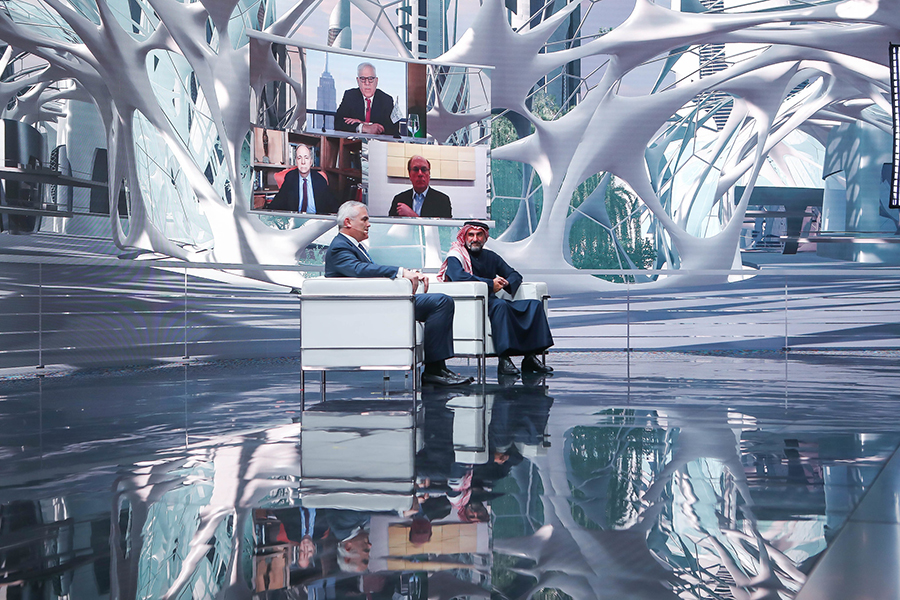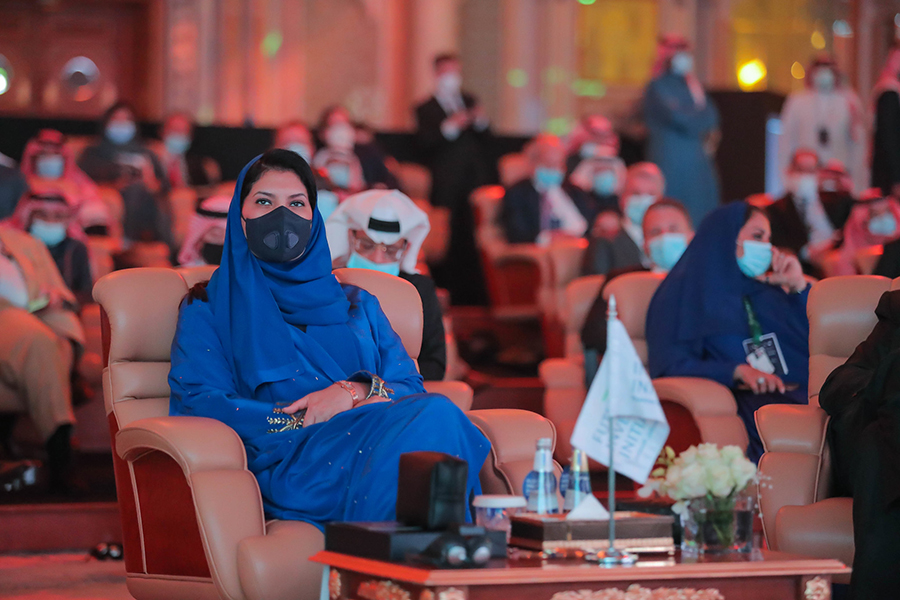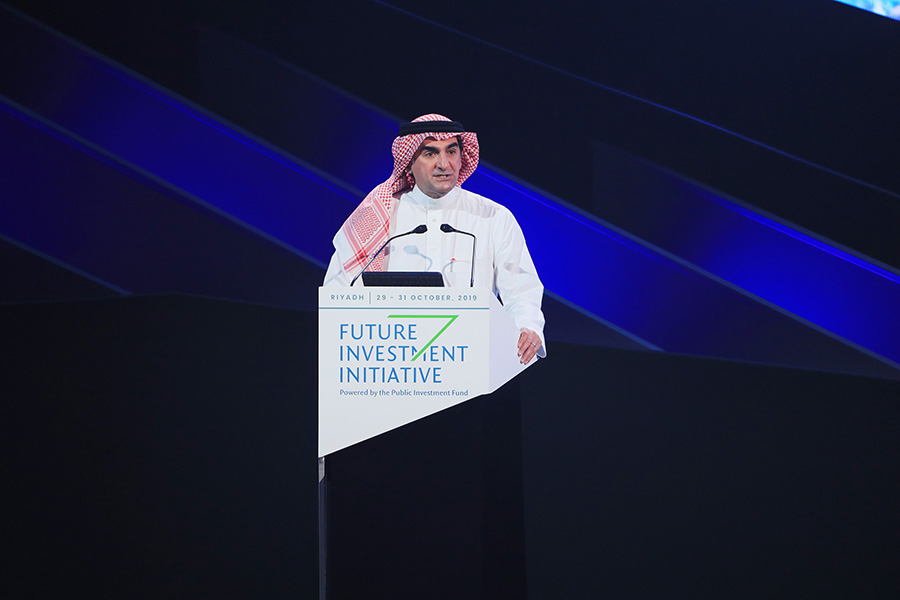
As world leaders mobilise investment capital to fight climate change and secure the economic recovery from Covid-19, Environmental, Social and Governance (ESG) criteria have never been more prominent.
But participants in a landmark conference have warned that ESG investing may fail to fulfil its potential, if ESG rating procedures do not become more transparent and rigorous and if emerging markets continue to be penalised.
“We need to rethink our approach to ESG to ensure it achieves its desired effects,” says Richard Attias, CEO of the FII Institute in Riyadh, Saudi Arabia, which hosted more than 20 high-level speakers for the online event earlier this year.

“Measuring and managing ESG requires rigorous frameworks inclusive of a diverse range of perspectives, especially from emerging economies.”
In 2020, ESG assets reached $1.2 trillion, according to research by Morningstar. However, participants in the FII Institute’s conference warned that the twin dangers of greenwashing and of penalising emerging markets could endanger the achievement of the UN Sustainable Development Goals.
Murray Roos, CEO of Capital Markets at the London Stock Exchange, said that “issuers and investors need clear, transparent, robust methodologies to prevent greenwashing. That transparency and spotlight is critical.”
When applied to emerging markets, these methodologies must not deprive key industries of capital, meeting participants said.

Emerging countries that are still reliant on sectors with a weaker environmental profile, such as commodities and fossil fuels, must be supported on the path to transition, panellists agreed.
“Walking away from the ‘old’ sectors does not necessarily achieve transition. It doesn’t achieve the goal of the Paris accord,” HSBC Chief Executive Noel Quinn said.
“ESG should be about value creation rather than penalising,” said Yasir Al-Rumayyan, Governor of the Public Investment Fund of Saudi Arabia and Chairman of the FII Institute.
Industry leaders said that ESG criteria should drive and incentivize change rather than hinder the transition.

“Oil and gas players are key stakeholders in making net zero a success. We need to make hydrocarbons cleaner, and drive innovation in carbon capture and new ecosystems like hydrogen,” Baker Hughes Chairman and CEO Lorenzo Simonelli said.
Following the event, the FII Institute will establish a corporate rating methodology which takes on board the issues raised by participants and addresses the challenges facing ESG at this critical time![]()









